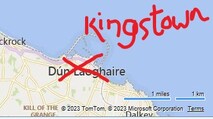 Click to enlarge
Click to enlarge FTM also has something that was called the Place Authority - a database of "standardised" place names that I believe was inherited from Ancestry when Software Mackiev bought the software. Given that pedigree, it's fine if you have forgotten which modern county an American town is in. However, there are problems with other countries.
So, genealogically speaking, the mapping functions in FTM often don't help me navigate back to the past.
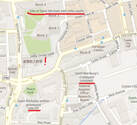 Click to enlarge
Click to enlarge Can anyone enlighten me as to why I am seeing these labels on Tom Tom maps?
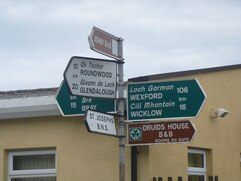 Michael Dibb at Wikimedia Commons
Michael Dibb at Wikimedia Commons
I don't think I need remind you that place names in Ireland have had multiple spellings over time and have even been expressed in different languages. Your ancestor most likely set sail from Kingstown for America not Dun Laoghaire, or Queenstown and not Cobh. Whilst you would really want to record the former names to keep the historical context, you will be forced to use the modern name if you want to make use of the geographical hierarchy features of the package to aid your research.
You can get round this to an extent when compiling reports by using the short name field to record the place name you actually want, but it may not be historically correct for all the facts that use it and it's not what you see when you are working with places within the main screens.
Most annoyingly though, there does not appear to be any logical consistency to this issue. Most Irish towns are in the database in English but some fairly substantial ones are not. Some are perhaps recognisable and you will find them - Ros Cre for Roscrea, but others less so unless your grasp of Irish is good - Cill Mhantain for Wicklow for instance. You'll have to remember to choose these labels too every time you create new facts associated with that place, thereby destroying an accurate transcription of the historic record, unless you also record that information elsewhere. I know lots of people use the Description field to do just that, but it's a clumsy workaround in my opinion. I also think it's really important to record the actual names of places that our ancestors used at the time - that is after all the crux of their stories told in their own voices. My Protestant Irish ancestors would have called their town Wicklow.
There is a much bolder and creative solution - treat place names as a fundamental genealogical subject to which you could attach facts, notes and media, just like people e.g. alternative spellings, different names, pictures, photos, historical map fragments, all qualified by date etc. This information could also be used intelligently to verify new data that you might add later e.g. alerting you to the fact that you might be trying to assign a baptism to a church that was demolished years before? I have lobbied hard for this treatment of places to be included in FTM via the Facebook forum for FTM suggestions and I have emailed Software Mackiev directly - all currently to no avail. I have even bent the ear of several Software Mackiev representatives on stands at family history fairs, who quite frankly couldn't have been less interested. Maybe, I'm just rubbish at explaining the concept...
Sadly, I think the reality is that there is no money to be made in addressing these shortcomings in the software. Instead development effort is being focused on add-on subscription options like Tree Vault or additional products that generate extra revenue. Personally, I think they are missing a major opportunity to create a significant point of difference between themselves and their competitors in the way that they handle spatial data and structure it to really help fuel good research.
What are their competitors doing in this space I wonder? Maybe it's time to take my ideas to RootsMagic and see what they think.

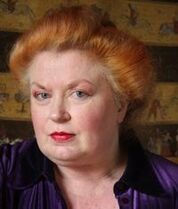
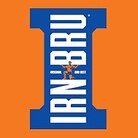
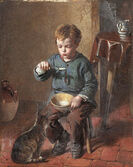
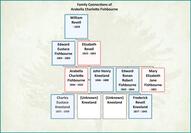



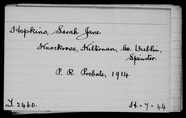
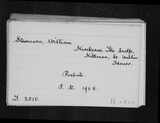
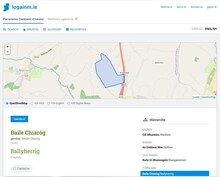
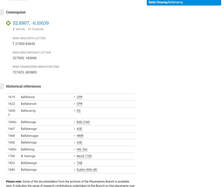
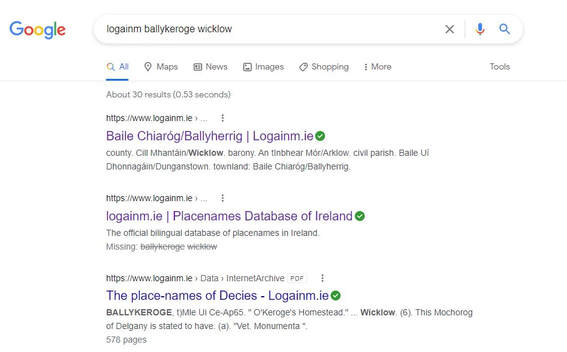
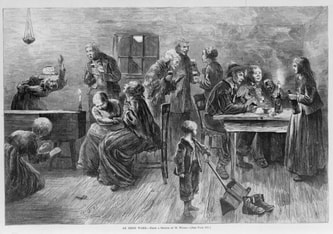
 RSS Feed
RSS Feed
